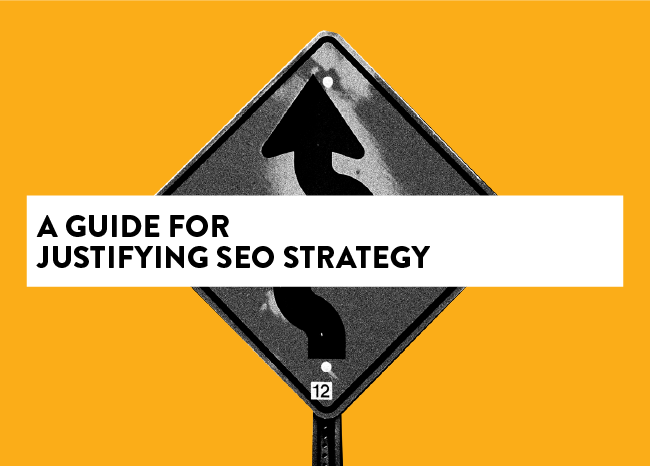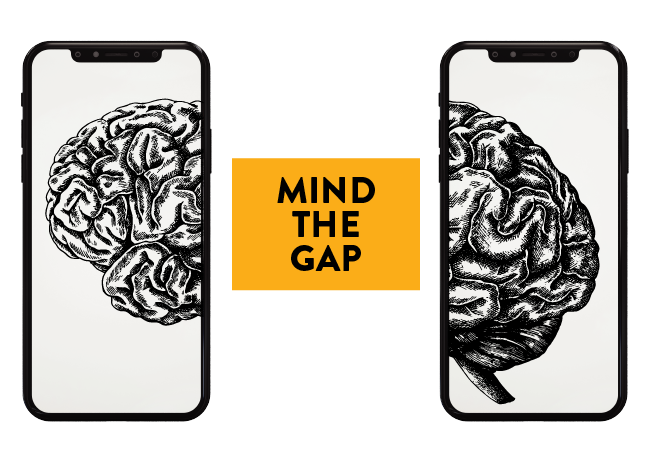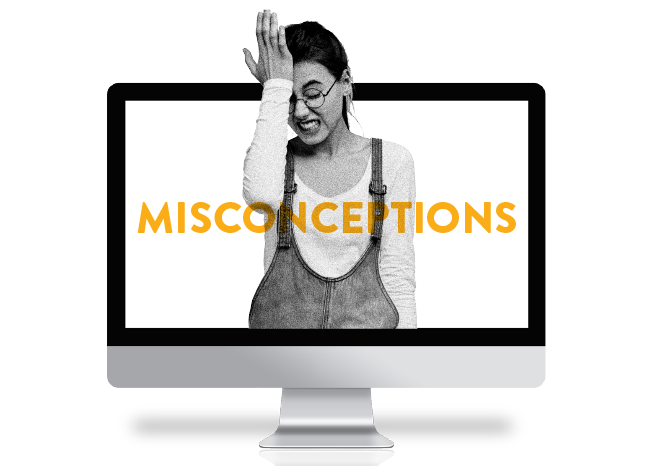
One of the greatest obstacles for an SEO professional is explaining your proposed strategy to clients and managing their expectations. It is important to clearly explain what direction you would like to take with your SEO efforts and why. However, these conversations can present many different challenges.
Often, these challenges have to do with gaps in the client’s SEO knowledge or misconceptions about SEO best practices. Confusion and conflict may also arise from a simple miscommunication. As an SEO professional, you must be keenly aware of potential obstacles you may encounter in these conversations and how to address them.
 Why Is It Difficult To Explain SEO Strategy?
Why Is It Difficult To Explain SEO Strategy?
SEO is a relatively new discipline and its best practices are in constant flux. Because SEO is based on constantly changing algorithms, effective strategies shift in response. As a result, once widely-accepted SEO practices can quickly become obsolete.
Furthermore, SEO strategies aren’t always straightforward, as not all information about search engine algorithms is made public. Therefore, to understand effective best practices, you need to stay current with changes and compare how different professionals are responding to them.
Finally, SEO is a highly technical skill that requires an understanding of how search engines operate as well as how that information intersects with best practices for digital marketing. Due to these factors, it can be difficult both to learn about SEO best practices in the first place and to keep your knowledge up-to-date.
 Common Knowledge Gaps To Address
Common Knowledge Gaps To Address
Gaps in your client’s knowledge may pertain to any number of things, but the following areas are especially common:
- The difference between organic search and paid search (and their respective best practices);
- How Google crawls and indexes pages;
- What ranking factors are;
- The value of building backlinks;
- The importance of linkable content;
- The importance of properly optimized keyword content;
- How to determine and address user intent;
- The value of internal linking;
- The value of external linking;
- The difference between white hat and black hat practices;
- Valuable Key Performance Indicators (KPIs).
In addition to simple gaps in knowledge, clients may sometimes have an incorrect understanding of SEO best practices.
 Common Misconceptions To Address
Common Misconceptions To Address
SEO can be a highly technical field and its best practices often shift. This can result in outdated or misguided ideas about how SEO works. The following are some of the most common misconceptions that clients have about SEO strategy:
- More keywords are always better.
- Site traffic is a direct ranking factor.
- You should prioritize robots and their needs before human readers.
- A large quantity of content is better than high-quality content.
- More backlinks are better than fewer, high-quality backlinks.
As is often the case for marketing efforts, a common point of contention in the SEO world is that clients want quick, definitive results. Unfortunately, high-quality SEO outcomes don’t come from shortcuts and results are not perfectly predictable.
 How To Ethically Address Uncertainty
How To Ethically Address Uncertainty
While SEO professionals can have a strong idea of what outcomes to expect from certain strategies, there are no guarantees. This is often true of other forms of marketing as well — you can carefully observe your audience and what outreach methods most appeal to them, but ultimately there is the pesky, unpredictable human factor to contend with.
And in the case of SEO, there are even more variables to grapple with, most notably opaque or shifting elements of the search engine algorithm.
While clients may sometimes push for firm numbers, as an ethical SEO professional, it is important to keep in mind that this is essentially impossible. In lieu of falsely claiming that you have a crystal ball, consider the following strategies:
- Explain why SEO outcomes are not perfectly predictable.
- Make the comparison to uncertain outcomes from traditional marketing methods.
- Make it clear that if any SEO professional claims to be able to forecast firm numbers, they are being disingenuous.
- Provide an expected range instead of specific numbers.
- Clearly explain how you have arrived at your generalized estimates.
- Provide data from previous SEO campaigns to support your estimates.
- Promise progress within a certain time frame rather than specifying fixed benchmarks.
- Offer a discounted trial run to demonstrate the quality of your strategy.
- Discuss the research that you have already done for the website and the opportunities that you identified.
- Instead of flatly stating that an outcome “will” occur, use language such as “there will be an opportunity to…” or something similar.
While you have to explain your strategy, the explanation is useless if the client doesn’t understand what you are telling them.
 Major Points To Convey
Major Points To Convey
When discussing a complex strategy with a client, it will be helpful to keep in mind the major points that you want to convey. Generally, some good points to focus on include:
- What the KPIs are;
- What tools you will be using to conduct your analysis;
- What deliverables to expect;
- What are similar steps that competitors are taking;
- What content gaps you are expecting to fill;
- How this serves the target audience;
- How this supports existing marketing efforts.
In addition to focusing on a few key points, ensure that you are using language that the client will understand.
 How To Make Your Explanation Clear and Accessible
How To Make Your Explanation Clear and Accessible
Many SEO professionals utilize a lot of jargon and discuss nebulous content in a professional setting as a matter of necessity. However, this tendency can become a problem when you are talking to a client. By taking the following steps, you can simplify your explanation for people with less experience in this realm:
- Try to avoid jargon, or if you must use it, provide substantial context.
- Use analogies, but keep them simple.
- Relate your discussion to widely understood marketing principles.
- Provide visual aids as appropriate.
- Adapt to your client’s communication style.
It is also vital that you don’t simply talk at your client and remember that reaching an understanding is going to be a collaborative effort.
 Mindful Listening
Mindful Listening
Throughout the process, it is important to provide the client with opportunities to ask for clarification or to revisit an issue. Furthermore, it will be helpful to provide them with materials that they can peruse at their leisure. Provide channels where they can contact you to address further queries or matters of interest.
Additionally, you should stay alert for cues that the client is confused. If you can identify such cues during your conversations, you can address any misunderstandings right away. To achieve effective SEO results, SEO professionals will need to approach client relationships as a constant, ongoing conversation.

